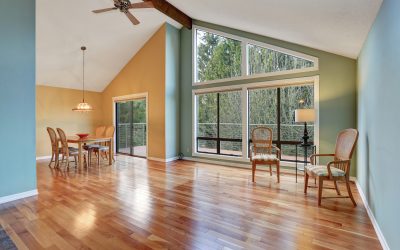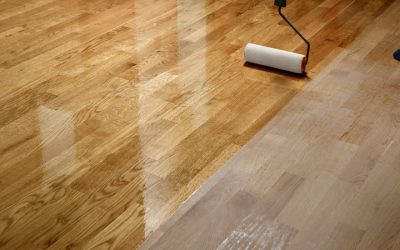A quick search of the Internet for flooring will bring up a great many web sites and businesses that sell, install, and maintain flooring. Most of these web sites make a distinction between commercial and residential flooring. Some companies specialize in one or the other. Is there a difference between commercial and residential flooring, and if so, how to you make the distinction between the two?
Differences between Commercial Flooring and Residential Flooring
There are some subtle differences between commercial flooring and residential flooring, making them separate products with individual treatment. Typically, residential flooring has a much more pleasant aesthetic appeal than commercial flooring. With commercial flooring, the focal point is on functionality and durability. A grading system from one to five indicates the soft to hard factor of tile flooring, with five being industrial grade and more about functionality than beauty. Lower grades are softer and not up to the abuse, an industrial or commercial setting can put on flooring. Price is sometimes another difference between residential and commercial flooring. The higher grade materials used in industrial settings adds to the expense, and very often, commercial installation incurs higher costs than residential flooring.
Effective Choices for Commercial Flooring
While the differences between commercial and residential flooring can be ambiguous at best, some simple guidelines can help choose the right flooring for every situation. Floors graded one and two should only be used in low traffic areas and are not generally suited for a commercial setting. Flooring with a three or four grade can be used effectively in residential settings, but they can be used as commercial flooring as well, assuming they are used in areas that do not take a lot of abuse. A grade of five can take the most abuse, so it is the right choice for most commercial settings. Materials used for commercial flooring include vinyl, rubber, and epoxy-based options in addition to a variety of tiles and other hard materials. The choice of materials is often subjective, but again, environment will play a big role in the choices you make.
The Life Span of Commercial Flooring
By its very nature, commercial flooring is meant to last for years, and in some cases, decades. Traffic, weather, and other factors can cause a variance in the lifespan of any flooring, including sturdy commercial flooring. The lifespan of any commercial flooring is also dependent upon proper, professional installation, regular, and maintenance of the flooring. Commercial flooring is commercial for a reason. While commercial grade flooring can be used in residential settings, the reverse is not typically true. Most commercial and industrial settings are too high impact to incorporate residential flooring options, necessitating the use of flooring made expressly for the commercial industry.
Call Dex-O-Tex for commercial flooring specialist for all your commercial or industrial flooring needs.








